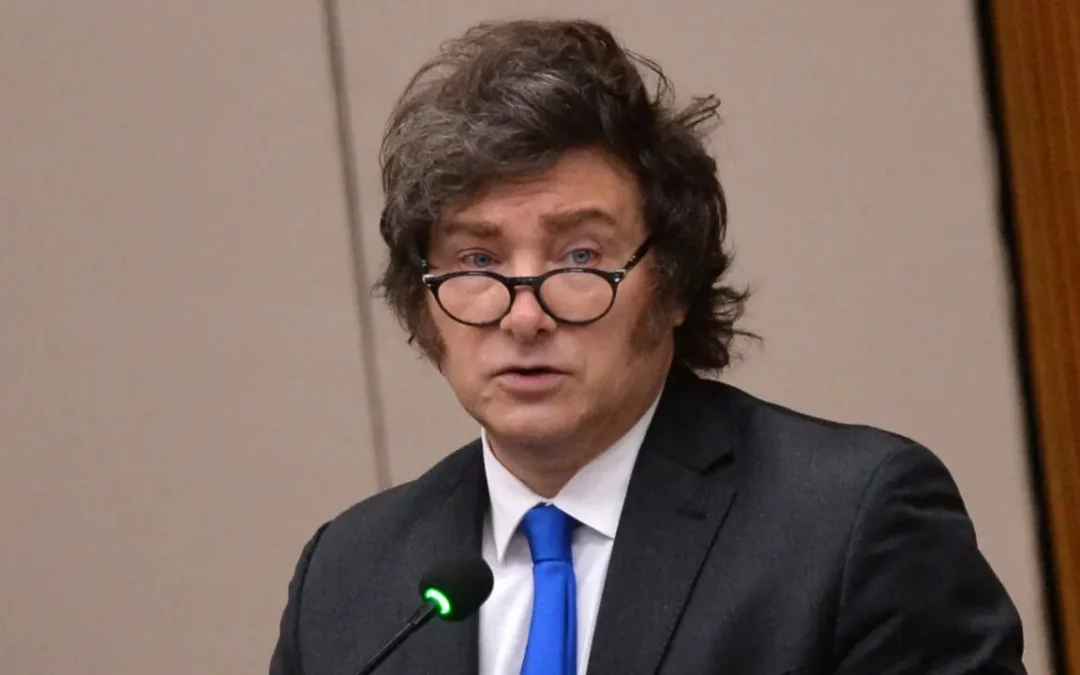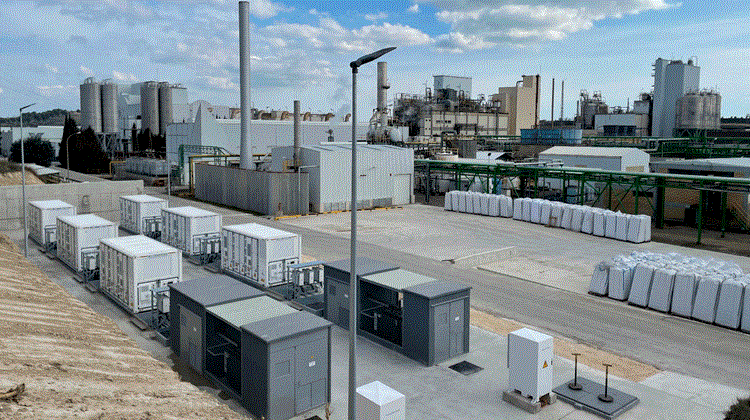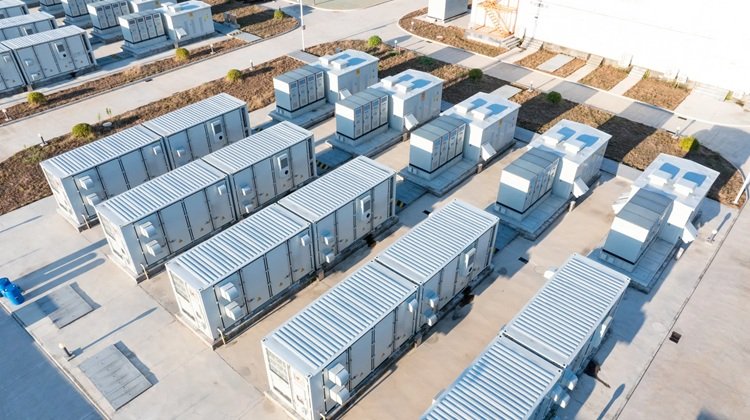Galicia aims to position itself as a benchmark in offshore wind development but warns that the country is “significantly behind.” This was stated by Pablo Fernández Vila, Director General of Energy Planning and Mining of the Xunta de Galicia, during his participation in FES Iberia 2025, a forum that brought together regional authorities and over 400 executives from the Iberian renewable energy sector.
From that platform, the official urged the central Government to act swiftly. “We are significantly behind, as a country, and I believe all regions agree that we need greater agility from the Ministry,” he said.
The Galician administration affirms that the region is ready to move forward but needs clear frameworks from the State. “In Galicia, we want to be part of the first offshore wind auction,” stated Fernández Vila, in response to the Ministry for the Ecological Transition’s plan to prioritize willing territories.
Urgent need to advance in power grid planning
One of the main obstacles identified is the lack of a defined transmission grid planning. Galicia insists that without a clear and approved roadmap, it is unfeasible to evacuate new energy projects.
“We need transmission grid planning now, one that does not penalize autonomous communities,” demands Fernández Vila, emphasizing that the current delay has already reached nine months. He believes this planning must address the industrial needs of the territory and support new investments.
Criticism of Royal Decree 962/2023 on offshore wind and lack of social criteria
Another point of tension between Galicia and the central Government is Royal Decree 962/2023, which regulates the conditions of future offshore wind auctions. According to Fernández Vila, the regulation prioritizes economic criteria over social or sectoral aspects, such as compensations to the fishing sector.
“We believed that social criteria should represent at least 50% in the scoring of future tenders,” recalls the official, lamenting that these proposals were not included in the final text. Despite submitting joint claims with the affected sectors, “we were not taken into account,” he asserts.
He also criticizes the process to date, pointing out that “important opportunities to do things better have been missed,” referring to the approval of the POEMs in 2023 and the exclusion of relevant data on fishing grounds.
Analysis of the new blackout decree
Galicia also expressed concern over the so-called “blackout decree” promoted by the Ministry, which could paralyze new authorizations for renewable projects until 2025. This issue was discussed during FES Iberia 2025, where Fernández Vila stressed the need to review such measures strategically.
The decree states that until Red Eléctrica de España (REE) updates its system capacity and stability studies, no new access or connection permits will be issued in affected areas, including some strategic zones in Galicia. Although the measure is justified as necessary to safeguard grid stability, regional governments see it as a direct threat to investment timelines.
While Fernández Vila did not address the decree directly, his diagnosis aligns with the underlying concerns: “We cannot stop. It is true we will need to correct some things, but we need a tendering process aligned with what we are defending,” he stresses.
This decree must be complemented by an integrated and agile strategy from the central Government, Galicia insists, to avoid structural damage to clean energy investments.
Galicia ready to lead the next stage
Despite criticism, the Xunta affirms that it is ready to take the lead. “We have the entire value chain necessary to become a reference in offshore wind, just as we historically were in onshore wind,” says Fernández Vila.
He highlights that Galicia boasts areas with over 2,500 equivalent operating hours annually, even in old wind farms. “Thanks to repowering, some projects now exceed 4,000 hours, which are figures typical of offshore wind,” he details.
To achieve this goal, he insists on real coordination among all levels of Government. “If all affected sectors and the regional administration work together, it would be important that at least we are heard. That is not happening,” he concludes.



























